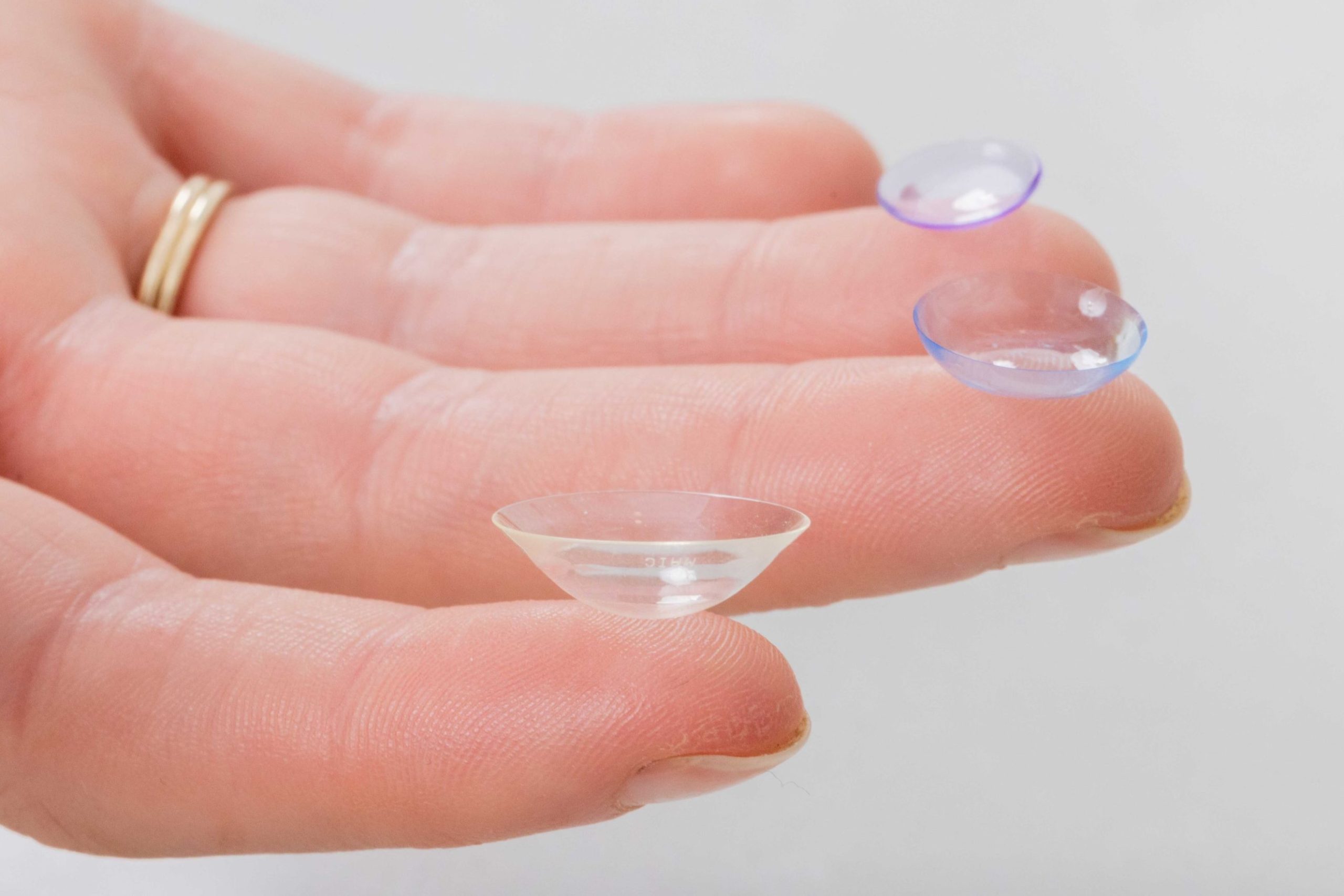Anxiety, a prevalent mental health condition, can have a profound impact on various aspects of life. One intriguing connection worth exploring is the link between anxiety and dizziness. The effects of anxiety on dizziness, https://www.mdbiowellness.com/blogs/doctors-desk/can-anxiety-cause-dizziness-the-cause-effect uncover the intricate relationship between the mind and the body.
· Anxiety-Induced Dizziness
Anxiety triggers a cascade of physiological responses within the body. One notable effect is the onset of dizziness, a sensation that can range from mild light-headedness to more intense vertigo. Understanding the mechanisms at https://www.mdbiowellness.com/blogs/doctors-desk/can-anxiety-cause-dizziness-the-cause-effect behind anxiety-induced dizziness is crucial in addressing its impact.
· Types of Dizziness Related to Anxiety
Dizziness manifests in different forms when associated with anxiety. Vestibular dizziness, orthostatic dizziness, and psychogenic dizziness are common types, each presenting unique challenges for individuals grappling with anxiety.

· Symptoms and Signs
Nausea, increased heart rate, and cognitive symptoms like difficulty concentrating are hallmarks of anxiety-related dizziness. Recognizing these signs is vital in comprehending the full scope of the impact on an individual’s daily life.
· Impact on Daily Life
The repercussions of anxiety-induced dizziness extend beyond the physical realm. Hindered concentration, strained relationships, and lifestyle adjustments become necessary as individuals navigate the challenges posed by this interconnected duo.
· The Role of Stress Hormones
Stress hormones such as cortisol and adrenaline play a pivotal role in the manifestation of dizziness during anxiety episodes. Understanding how these hormones contribute to the overall experience is crucial for effective management.
· Medical Conditions and Anxiety-Induced Dizziness
Anxiety-induced dizziness is not isolated; it often coexists with other medical conditions. Exploring its connection with panic disorders and its role as a symptom in various health issues sheds light on the complexity of the situation.
· Diagnosis and Seeking Professional Help
Professional guidance is essential for accurate diagnosis and effective management. This section emphasizes the importance of consulting healthcare professionals and outlines common diagnostic procedures.



